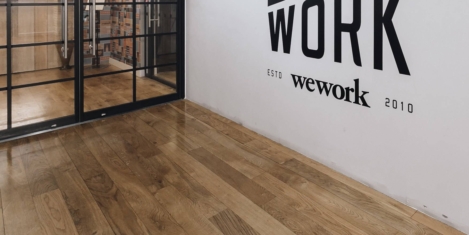September 28, 2015
More people are working from home, but they can end up feeling lonely 0
 More and more British workers are working remotely, from home and other locations, but they are growing increasingly disconnected from their colleagues. Those are the findings of two studies into new ways of working conducted independently by Plantronics and Regus. According to the Plantronics survey of 2,500 staff, flexible working was given another boost over this Summer in response to the (intermittent) good weather and industrial action by London public transport staff. During August, more than half (55 percent) of the workforce chose to work from home or remotely more convenient to them, the audio communications firm’s study found. On the flipside, the survey of 4,000 workers by serviced office provider Regus claims that almost two-thirds of employees who work from home miss mixing with colleagues and can feel lonely as a result.
More and more British workers are working remotely, from home and other locations, but they are growing increasingly disconnected from their colleagues. Those are the findings of two studies into new ways of working conducted independently by Plantronics and Regus. According to the Plantronics survey of 2,500 staff, flexible working was given another boost over this Summer in response to the (intermittent) good weather and industrial action by London public transport staff. During August, more than half (55 percent) of the workforce chose to work from home or remotely more convenient to them, the audio communications firm’s study found. On the flipside, the survey of 4,000 workers by serviced office provider Regus claims that almost two-thirds of employees who work from home miss mixing with colleagues and can feel lonely as a result.
































July 9, 2015
Many employers discourage home working, unless it is out of hours
by Sara Bean • Comment, Flexible working, News, Wellbeing, Workplace
(more…)